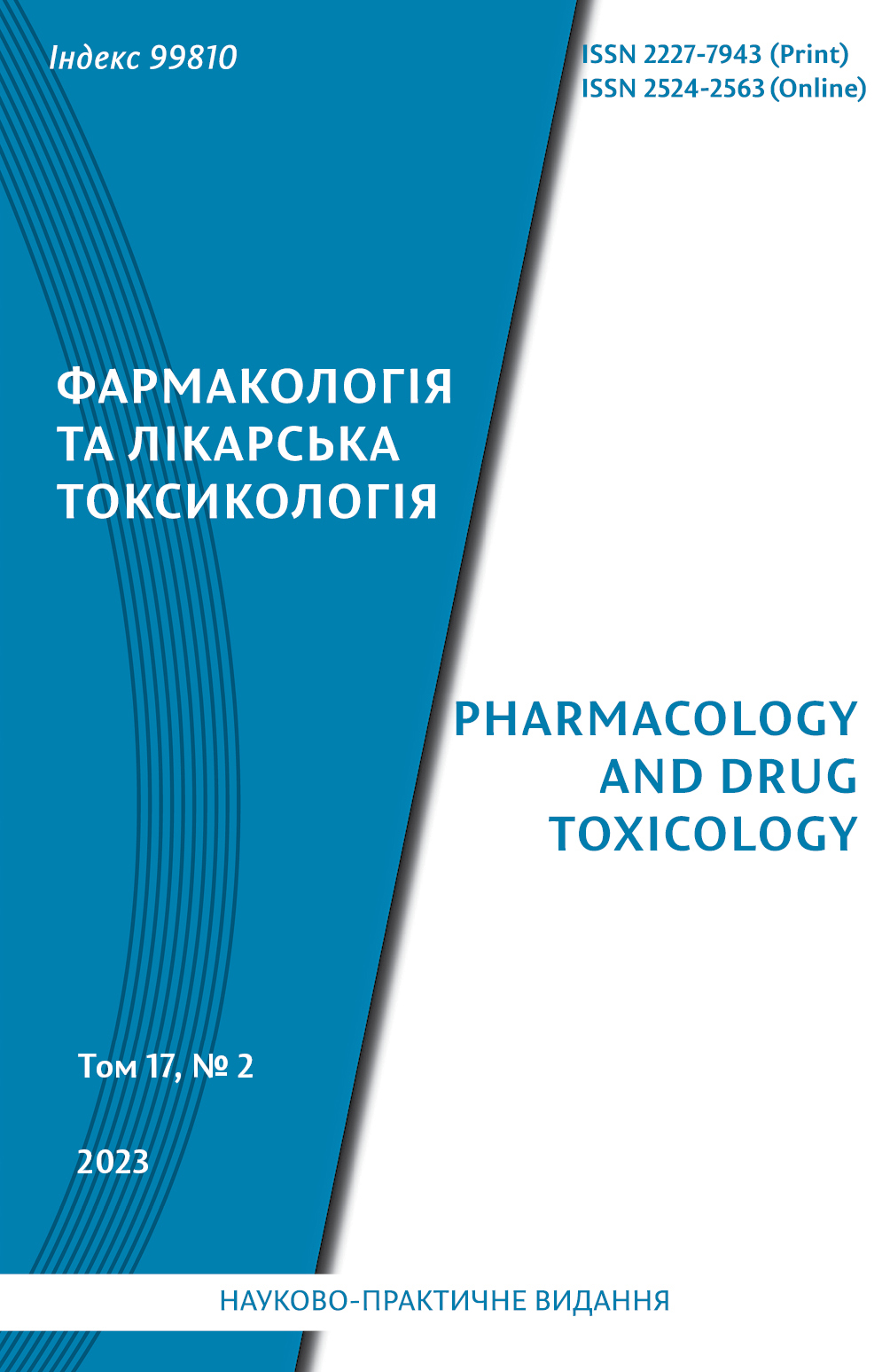Abstract
Multiple sclerosis (MS) is the most common autoimmune and demyelinating disease of the central
nervous system (CNS), characterized in most cases by initial relapses, which later develop into progressive neurodegeneration, profoundly disrupting the motor and cognitive functions of patients. Despite the avail ability of immunomodulatory therapy, effective in reducing the frequency of relapses and slowing the progression of the disease, all of them failed to restore the CNS myelin needed for full recovery in MS. Microglia are the primary inflammatory cells presented in the foci of MS, therefore they significantly con tribute to demyelination and the spread of the lesion. Thus, many microglialbased therapeutic strategies have aimed to suppress the microglial proinflammatory phenotype and neurodegenerative state to reduce disease severity. On the other hand, the contribution of myelin phagocytosis, which provides the neuropro tective role of microglia in MS, is less studied. Indeed, despite the presence of functional oligodendrocyte progenitor cells (OPCs) in MS plaque lesions, they fail to remyelinate due to excessive accumulation of myelintoxic debris that must be removed by microglia. Dysregulation of this process is associated with impaired neuron recovery and insufficient remyelination. The article examines data on microglial myelin phagocytosis and its involvement in the development and recovery of MS, the potential of phagocytic mediated therapeutic approaches and their modulation as a new and rational approach to treat the patho logy associated with MS.
